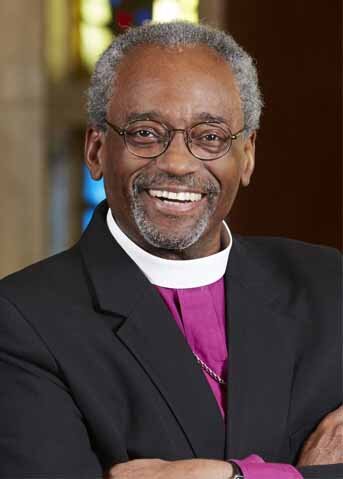Another look at Joseph: the non-speaker who speaks volumes
/As our guest writer Jeeva Sam points out below, Mary’s husband Joseph, Jesus’ earthly father, gets short shrift in our yearly Christmas songs and stories. Even scripture doesn’t provide much about him. Yet he did play a crucial role, and as Jeeva elaborates so well, we can learn from his restrained manner. Enjoy and be edified.
By Jeeva Edward Sam
Quick, now, name one well-known carol that mentions Joseph. Better still, take your time, search on Google, Yahoo, MSN, Bing and Ask—the result is the same! Not one, nada, nil.
Contrast this with repeated references to Mary, as in: “Mary’s boy child”, “Gentle Mary laid her child”, “On Mary’s lap is sleeping”, “Round yon virgin, MOTHER and child”, “For Christ is born of Mary”, “Mary was that mother mild”, and so forth. Even cattle, sheep and assorted members of the animal kingdom get more press at Christmas!
Point me to one word of dialogue Joseph is permitted to utter in the script of the Nativity as found in Holy Scripture, or in most traditional Christmas pageants for that matter. Need I say more?
Joseph, being a just man and unwilling to put her to shame, resolved to divorce her quietly. (Matt. 1:19)
Yet, it would seem that this unheralded man is undeniably part of God’s plan for the early part of Jesus’ earthly life. I find it instructive to examine the brief exposure to his character in Matthew 1:19 (Amplified Version): “… Joseph, being a just and upright man and not willing to expose her publicly and to shame and disgrace her, decided to repudiate and dismiss (divorce) her quietly and secretly.”
When Mary is found to be with child without an assist from her betrothed, a “just and upright man” could have ensured that justice was done by having her put to death or at least by issuing a certificate of divorce. Either action would have been kosher, but Joseph adds mercy to justice as he opts for a divorce with dignity.
Years later, when Jesus was asked by some what he would do with a woman who was caught in adultery (as if it is possible to catch only one partner in the act of adultery, hello?) he would stonewall their bid to stone her to death with the words: “He that is without sin among you, let him first cast a stone at her.” (John 8:7) Like father, like son, perhaps?
I cannot help but contrast Joseph’s choice with the way I am tempted to respond when someone hurts me. Ever hear the expression: ‘Hurt people hurt people?’ Out of my hurt, I want to make sure that justice is done and you’re hurt too—at least as much as you hurt me.
I could use any platform available to me—Facebook, newspaper columns, TV, blog, pulpit—to at least shame, if not disgrace or downright destroy you. Or it could be a family gathering over the holidays where amid the toasts, treats, eats and greets, some dormant hostility, buried bruise or interred insult rears its ugly head again, or a fresh missile calls for a decidedly unchristian strike-back.
I could opt to leave lash-marks on the offender, or leave quietly with bite-marks on my tongue instead.
May I, like Joseph, be glad to let my non-speaking role speak volumes.
_______________________
Pastor Jeeva Sam and his wife of 41 years, Sulojana Sam, are marriage mentors and authors of The Unbreakable Marriage, where they share details of the process God showed them to "guarantee breakthrough for married couples facing breakdown, often in as little as twelve weeks." (https://thesams.ca/). Jeeva served as a pastor for 35+ years. They are parents of three married children, grandparents of an adorable baby boy and live in St. Catharines, Ontario. He welcomes your feedback at theunbreakablemarriage@gmail.com.


















